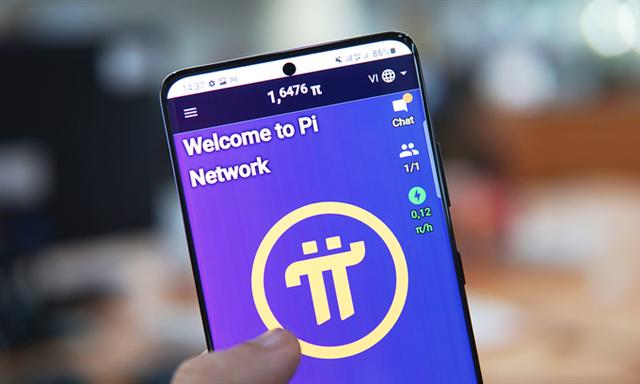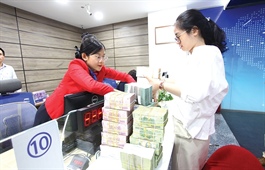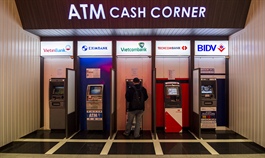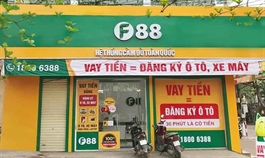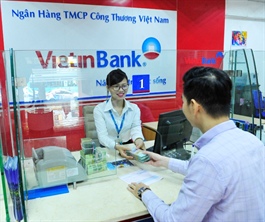The rush of Pi: Vietnamese lured by 'next Bitcoin' dream
The rush of Pi: Vietnamese lured by 'next Bitcoin' dream
Ignoring warnings from experts as well as previous scams, thousands of Vietnamese have been drawn to a new cryptocurrency called Pi.
The user interface of Pi Network is displayed on a smartphone. Photo by VnExpress/Luu Quy.
|
"With only five seconds a day on your smartphone and no investment needed, you have a chance to receive a huge amount of money," reads a post in the Pi Network Facebook group which has nearly 150,000 members, most of them Vietnamese.
The Pi Network, which describes itself on its website as "the first and only digital currency you can mine on your phone," has become a popular topic of discussion on social media since the end of last year. Many users have invited others to download the app and mine the coin with just few taps.
As of March 2, Pi Network, said to be developed by two Stanford University Phds, was the 22nd most downloaded app on iOS in Vietnam. The Pi Network’s Facebook fanpage on February 19 claimed it had reached more than 13 million users worldwide.
"We no longer have a chance to own Bitcoin, so let’s switch to mining Pi. You lose nothing. After a few years, if the project succeeds, each Pi could be worth dozens of U.S. dollars," said Duc Danh, a Facebook user in Ho Chi Minh City.
A new user receives one free Pi and starts with a mining speed of 0.1 Pi per hour, which will increase with more accepted referrals.
"I have invited eight friends to mine with me. Now I have more than 10 Pi, with a mining speed of nearly 0.3 Pi per hour," said Nguyen Nhat, a Pi user, also known as a "Pioneer," in Ho Chi Minh City.
But, except for the hope that Pi can become as valuable as Bitcoin in the future, Nhat and other Pioneers cannot answer questions about the current value and application of the Pi.
Social media users give different estimates about the Pi's value, with some saying it is now worth $10-100 each.
There is currently no official trading market for Pi in Vietnam and no official exchange currency rate with the Vietnamese dong. The Finance Ministry recently issued a warning on the rising interest in cryptocurrency, saying: "Vietnam does not have legal grounds for the issue and trade of cryptocurrencies and other digital assets."
Most experts have doubts about the potential of the new cryptocurrency and suspect that it's a scam.
Dang Minh Tuan, a blockchain expert at the Posts and Telecommunications Institute of Technology in Hanoi, said that the Pi Network lacks the transparency of a typical blockchain project.
"The Pi Network has a smartphone app and servers to keep them running, so why don’t developers release its source code for the community to review?" he asked.
A typical cryptocurrency owner usually has a private key to access his or her funds, but Pi users do not, which means it is unlikely that they will be able to transfer or spend the currency, he said.
This also means that Pi currency only exists on servers and administrators can create as many Pis as they want, he added.
"At that point, the currency will have no value."
Echoing him, financial expert Lam Minh Chanh, who has previously sounded warnings about similar financial scams like Onecoin and Skyway, said that Pi developers release few details about the currency and users seem to be expecting too much from it.
"Miners are unlikely to be rich. There is no free lunch."
Although mining Pi is free, Tuan said that the visible loss of users is giving up their personal information, including full name, phone number and Facebook username. There are potential threats that the Pi Network app could steal even more information from a device.
Some other experts say Pi works like a pyramid scheme as users can only join the network with a reference code of another user.


